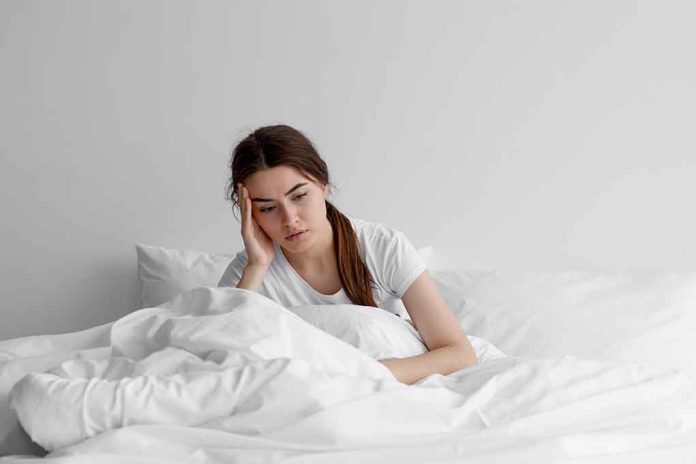
How Your Sleep Cycle Affects Other Body Functions
(AscendHealthy.com) – Getting too little sleep can stress a woman’s body out and make it more vulnerable to illness and injury, and a recent study has indicated that it may also have a more significant impact on her menstrual cycle than she might think. Here is an overview of possible correlations between the amount of sleep a woman gets in a typical night and the regularity of her menstrual cycle!
Overview of Study Linking Sleep and Menstrual Regularity
Kathryn Kennedy and Chidera Onyeonwu conducted a survey that asked 574 women between the ages of 24 and 40 to indicate the average number of hours of sleep they got in a typical night and whether they considered their periods to be very regular, mostly regular, fairly regular, or not regular.
Getting Less Sleep Correlates With Irregular Menstruation
It has been known for quite some time that stress can lead to missed or otherwise irregular periods, and this recent study concluded that getting less sleep can have similar effects. Stress and not getting enough sleep can go hand in hand, often with no obvious indication of which one may be causing the other, and a lack of sleep may have similar effects on a woman’s menstrual cycle.
In this study, participants who indicated that they typically slept less than six hours per night got lower quality sleep and were more likely to experience depression, fatigue, stress, and heavier bleeding than participants who indicated that they got more than six hours of sleep per night. These women were approximately 70 percent more likely to have heavy bleeding and 44 percent more likely to experience irregular menstruation than women who typically got between seven and nine hours of sleep per night.
Although this study is only intended to provide helpful information that may help women live an overall healthier lifestyle, it is important to remember that possible correlations do not necessarily indicate the correct solution, and consulting a doctor is essential to best manage concerns about the irregularity of a period or its heavy bleeding or other significant side effects.
Copyright 2022, AscendHealthy.com




















